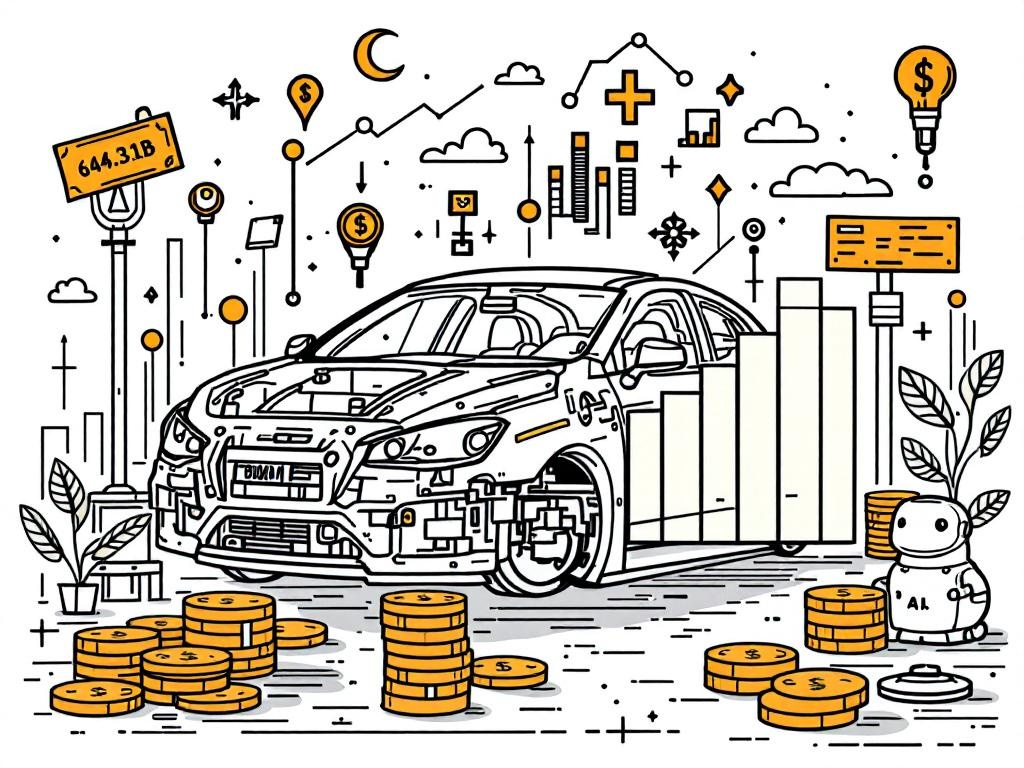Automobile Remanufacturing Market Set to Double in Value by 2034

Global, Wednesday, 2 July 2025.
The automobile remanufacturing market is projected to grow from USD 63.1 billion in 2025 to USD 143.2 billion by 2034, driven by advancements in AI, robotics, and 3D printing.
Driving Factors Behind Market Growth
The projected growth of the automobile remanufacturing market from USD 63.1 billion in 2025 to USD 143.2 billion by 2034 is largely driven by advancements in digital technologies, including artificial intelligence, robotics, and 3D printing [1]. As these technologies evolve, they provide significant improvements in the efficiency and accuracy of remanufacturing processes. AI, for example, is being integrated to streamline inspection, disassembly, and reassembly, substantially improving both speed and accuracy [1][2].
Key Trends Shaping the Future of Remanufacturing
A notable trend is the remanufacturing of electric vehicle (EV) components, which has become increasingly important as the global automotive industry transitions toward electric mobility [1][2]. Remanufacturers are developing innovative methods to refurbish EV batteries and electronic components, directly contributing to sustainable practices by reducing waste and conserving resources [1]. Additionally, the use of additive manufacturing, such as 3D printing, allows for precise, cost-effective repairs and the production of complex components, further driving down costs and improving supply chain resilience [1].
Economic Impact and Industry Challenges
The forecasted expansion of the automobile remanufacturing market is expected to have broad economic implications, including job creation in advanced manufacturing sectors and a boost in global competitiveness of automotive producers [1]. However, the industry faces challenges such as high initial costs associated with adopting these advanced technologies and technical difficulties in remanufacturing sophisticated EV components [1][2]. Companies like Toyota and Bosch are already investing heavily in overcoming these hurdles, focusing on expanding their remanufacturing capabilities by leveraging AI-driven defect detection systems and robotics [1].
Strategic Implications of Regulatory Trends
Regulatory incentives promoting sustainability and the circular economy are further propelling the remanufacturing industry forward. Governments worldwide are likely to introduce more favorable policies and incentives for companies engaged in remanufacturing practices, encouraging a wider adoption of eco-friendly processes and reducing overall automotive waste [1][2]. This alignment of business interests with governmental regulations not only underscores the strategic importance of automobile remanufacturing but also opens up new avenues for companies to innovate and expand their market presence globally [1].